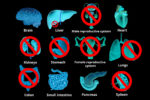Wounds are breaks in the skin that could include many blood vessels. Nutrition plays a great role in wound healing and the quality of the repair work done. Even though the time taken for wounds to heal depends on the severity of the wounds, adequate nutrition during this time is essential to promote wound healing.
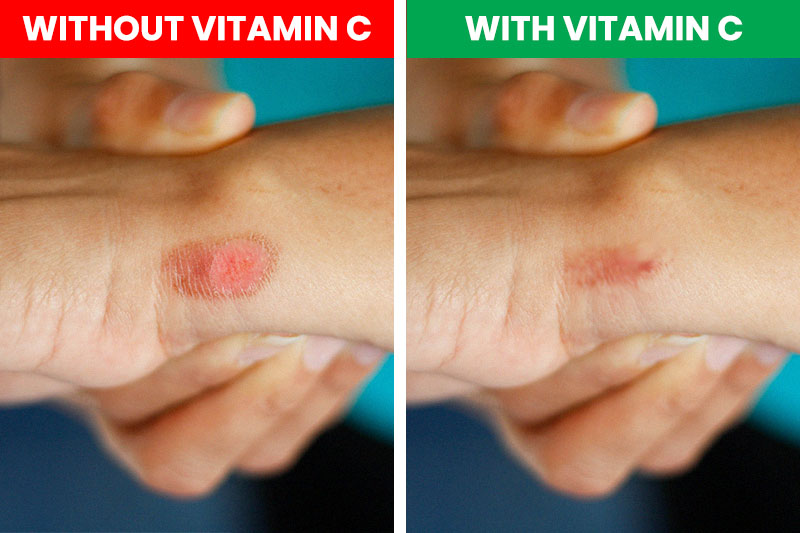
The Process of Wound Healing
The process of wound healing is complex that involves several stages.
- Inflammatory Phase: In this phase, first constriction of the blood vessel takes place to ensure clot formation. After this, prostaglandins and histamines in the blood initiate the widening of the blood vessels that increases the blood flow to the wounds.
- Proliferative Phase: During this phase, a matrix of new blood and skin cells are formed. Fibroblasts are formed, which produce collagen. This process is brought about by lactic acid, ascorbic acid, and growth factors in the presence of adequate oxygen, iron, copper, and pyridoxine.
- Maturation Phase: In this phase, closure of the break in the skin takes place, the skin gets remodeled in the best possible way, although perfection cannot be expected.
Nutrients That Help With Wound Healing
#6 – Vitamin C
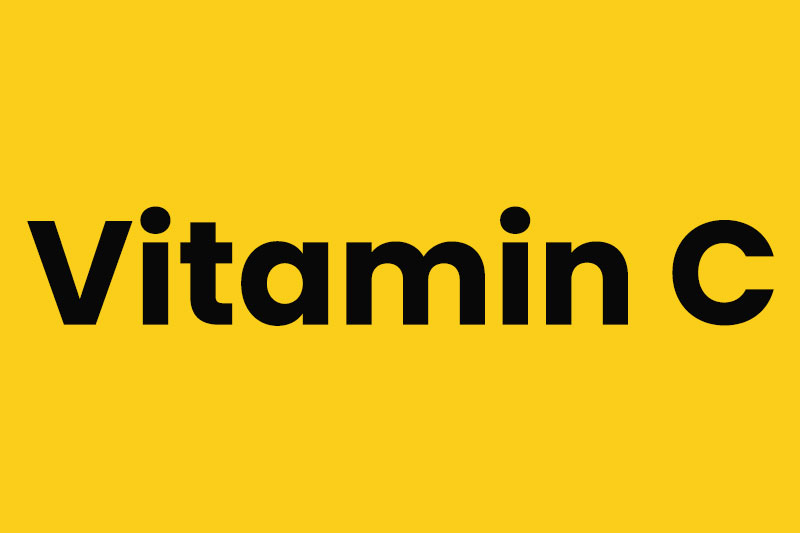
Facts: During wound healing, vitamin C acts as the cofactor in the production of collagen. Even after the wound is healed, the wounds are metabolically active; therefore, there is every chance the healed scars could break open. This happens when the body is deficient in vitamin C. Vitamin C is also responsible for the growth and development of new tissues as well as new capillaries that carry oxygen to the different parts. Therefore, this nutrient has a significant role to play during wound healing.
Sources: Tomatoes, peppers, potatoes, spinach, citrus fruits, strawberries, broccoli, cabbage, cauliflower, brussel sprouts, etc.
#5 – Vitamin A
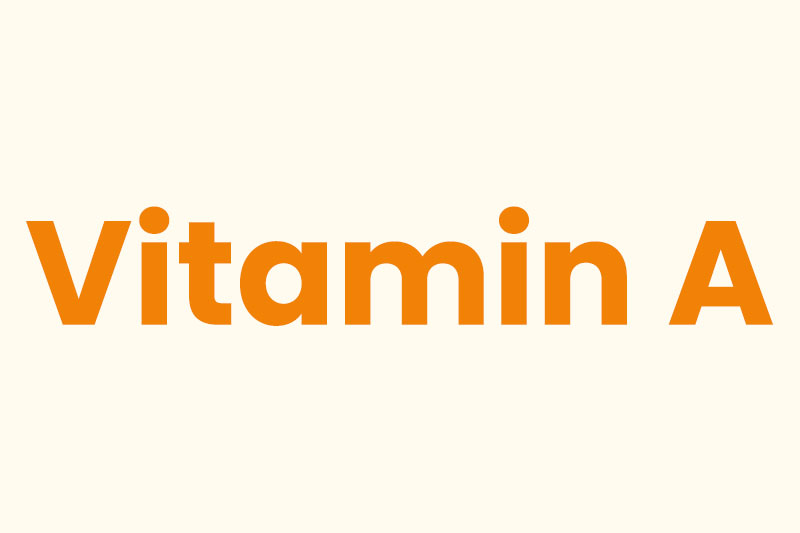
Facts: The role of vitamin A in wound healing is that it promotes collagen synthesis and differentiation of fibroblasts, as well as control of infection.
Sources: Green leafy vegetables, yellow and orange fruits and vegetables, fortified dairy products, and
liver of animals.
#4 – Vitamin K
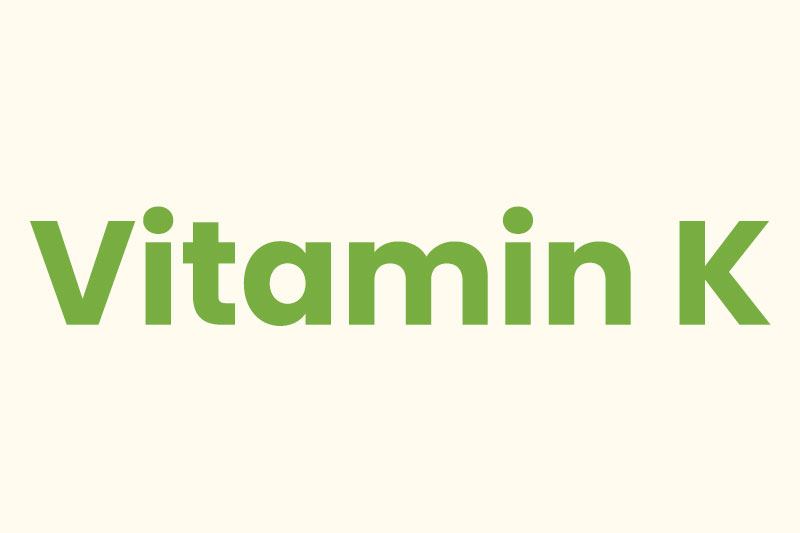
Facts: Clotting of the blood is the first phase of wound healing, in which vitamin K has a major role to play. Vitamin K along with calcium produces thrombin, the body’s primary clotting agent.
Sources: Green leafy vegetables, cauliflower, cabbage, broccoli, Brussel sprouts, grapes, avocado, kiwi.
#3 – Zinc

Facts: Zinc helps the enzymes of the body (about 300 of them) to carry out their functions. Many of these enzymes involve in the healing of wounds, especially in the production of collagen. Zinc also helps in the process of cell division as well as enables the body to use certain proteins.
Sources: Seafood, shrimps, red meats, beef, lamb, venison, fortified cereals, summer squash, asparagus, mustard greens, collard greens, peas, broccoli, miso, maple syrup, sesame seeds, pumpkin seeds, etc.
#2 – Iron

Facts: In the process of collagen synthesis, iron is required for the hydroxylation of proline and lysine. Reduced peripheral circulation and oxygenation lead to impaired wound healing in people who are deficient in iron (anemic).
Sources: Lentils, turmeric, turnip greens, string beans, Brussel sprouts, asparagus, tofu, shiitake mushrooms, spinach, thyme, blackstrap molasses, garbanzo beans, broccoli, leeks, kelp, venison, beef tenderloin, etc.
#1 – Copper

Facts: Copper helps the enzyme lysyl oxidase in the production of collagen and elastin which promote quick wound healing.
Sources: Tomato, potato, green beans, ginger, mustard greens, summer squash, eggplant, asparagus, sunflower seeds, peppermint, turnip greens, molasses, chard, tempeh, crimini mushrooms, etc.
As they say, “time heals all wounds.” Yes, all wounds get healed in time, be it a “broken heart,” a bruised arm, or something major like a surgical wound, except that it will not happen in a jiffy. It takes time and these nutrients that help with wound healing.


